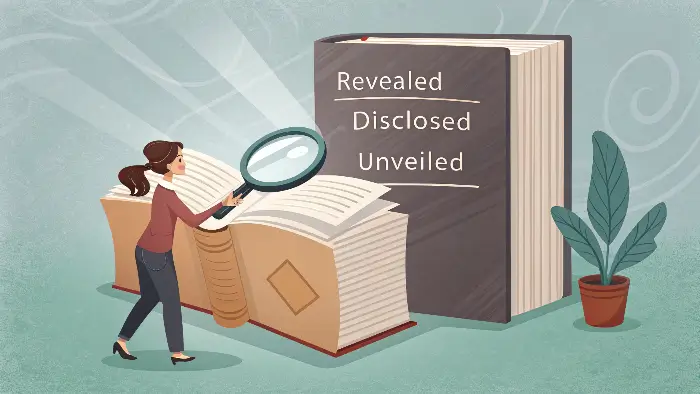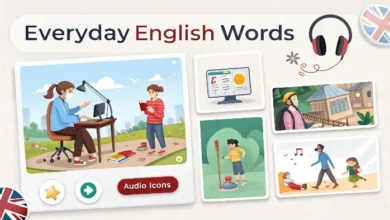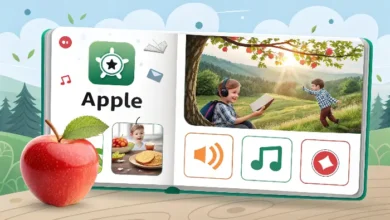Exploring Synonyms for ‘Uncovered’ and How to Use Them in Context

Exploring Synonyms for ‘Uncovered’ and How to Use Them in Context
The word “uncovered” refers to something that is revealed, exposed, or laid bare, often after being concealed or hidden. Whether in the context of physical objects or metaphorical situations, the idea of uncovering something implies making it visible or known. While “uncovered” is a commonly used term, there are several synonyms that can add variety and nuance to your writing. In this article, we will explore these synonyms and examine how to use them in various contexts.
What Does ‘Uncovered’ Mean ?

Before diving into synonyms, let’s first understand the meaning of “uncovered.” To uncover something is to remove what is hiding it, often leading to the discovery of something new or previously hidden. This can apply to a variety of situations, such as uncovering information, secrets, facts, or even physical objects.
For example:
- “The investigation uncovered new evidence that led to a breakthrough.”
- “The archaeologists uncovered ancient artifacts in the ruins.”
Now that we have a clear understanding of “uncovered,” let’s explore some of its most common synonyms and how they can be used.
1. Exposed
Exposed is one of the most direct synonyms for “uncovered.” It carries the idea of something being revealed or brought to light, often in a way that might leave it vulnerable or susceptible to scrutiny. The term can apply to physical objects, ideas, or even individuals.
Example:
- “The sudden downpour exposed the flaws in the roofing.”
- “His private thoughts were exposed during the heated argument.”
While “exposed” can imply something being revealed in a vulnerable way, it doesn’t necessarily carry a negative connotation. It can simply indicate that something is now visible or apparent.
2. Revealed
Revealed is another synonym that implies the act of making something known, visible, or accessible. It is often used when something hidden or secret is brought into the open. The term tends to be slightly more formal than “uncovered” but is commonly used in both professional and everyday language.
Example:
- “The final report revealed the true cause of the incident.”
- “The artist revealed the new painting at the gallery opening.”
“Revealed” is typically used in situations where the unveiling is more deliberate, such as in announcements, discoveries, or artistic expressions.
3. Disclosed
Disclosed refers specifically to making something secret or confidential known to others. It’s commonly used in formal contexts, such as legal documents, business dealings, or official statements. “Disclosed” implies that the information being revealed was intentionally kept hidden or protected.
Example:
- “The company disclosed its financial records to the auditors.”
- “The whistleblower disclosed crucial information about the company’s practices.”
While “disclosed” shares a similar meaning with “uncovered,” it often carries legal or formal undertones, especially in contexts of sensitive or private information.
4. Unveiled
Unveiled has a somewhat ceremonial or dramatic tone. It is often used to describe the process of revealing something significant, often with a sense of anticipation or fanfare. This term can apply to both literal and metaphorical uncoverings, such as the unveiling of new products, discoveries, or ideas.
Example:
- “The new statue was unveiled in the city’s main square.”
- “The research findings were unveiled at the international conference.”
“Unveiled” tends to convey a sense of importance or ceremonial value to the act of revealing something.
5. Exhumed
Exhumed is a more specific and dramatic synonym for “uncovered,” often used in the context of digging up something that was buried, particularly when it refers to the physical unearthing of objects, bodies, or remains. While “exhumed” usually has a darker or more serious connotation, it can be used metaphorically as well.
Example:
- “The archaeologists exhumed ancient relics from the burial site.”
- “The investigation exhumed new details about the case.”
This term is often associated with uncovering something that has been buried for a long time, either literally or figuratively.
6. Manifested
Manifested refers to something that has become apparent or visible after being previously hidden or unclear. It is often used when describing abstract ideas, emotions, or conditions that have become visible or observable over time.
Example:
- “His true intentions manifested in his actions.”
- “The symptoms of the disease manifested only after several weeks.”
“Manifested” is used when the process of uncovering is gradual, and something becomes clear or evident as time passes.
7. Brought to Light
Brought to light is a figurative expression that implies revealing something that was previously hidden or unknown. It is often used in the context of revealing facts, truths, or information that were concealed.
Example:
- “The investigation brought to light several irregularities in the financial report.”
- “The documentary brought to light the struggles faced by the workers.”
This phrase emphasizes the process of revealing something that was hidden in darkness, often to correct a misconception or uncover the truth.
8. Unraveled
Unraveled can be used in both literal and figurative contexts, often implying the process of gradually uncovering or disentangling something that was complex or confusing. It carries a connotation of discovery through a process of inquiry or investigation.
Example:
- “The detective unraveled the mystery behind the missing heirloom.”
- “The scientist unraveled the complexities of the gene’s behavior.”
“Unraveled” suggests that something was initially difficult to understand, but as it was examined or explored, it became clearer or more comprehensible.
How to Use These Synonyms in Context
Understanding the differences between these synonyms can help you choose the most appropriate one for your context. Let’s review a few examples to clarify the distinctions:
- Exposed – Use when something is revealed in a way that makes it vulnerable or susceptible to scrutiny.
- Example: “The actor’s past was exposed after the scandal broke.”
- Revealed – A more neutral term, appropriate for formal or everyday contexts when information becomes accessible.
- Example: “The study revealed shocking new data about climate change.”
- Disclosed – Often used in formal contexts, especially for sensitive or confidential information.
- Example: “The company disclosed the terms of the merger.”
- Unveiled – Often used for significant or ceremonial reveals.
- Example: “The new product was unveiled at the tech conference.”
- Exhumed – A dramatic term for something that has been physically unearthed or metaphorically uncovered, often after being buried.
- Example: “The researchers exhumed the ancient documents from the archives.”
- Manifested – Use when something abstract or hidden becomes visible or clear over time.
- Example: “Her true character manifested through her actions.”
- Brought to Light – A figurative expression for revealing something hidden or unknown.
- Example: “The investigation brought to light the corruption in the city government.”
- Unraveled – Suggests discovering or making sense of something complex or confusing.
- Example: “The detective unraveled the tangled web of deceit.”
Conclusion
Choosing the right synonym for “uncovered” can add precision and variety to your writing. Whether you’re discussing something physically revealed or metaphorically exposed, there are many options to choose from depending on the tone, context, and type of revelation you’re describing.
By using synonyms like “exposed,” “revealed,” “disclosed,” “unveiled,” and others, you can effectively convey different levels of discovery, from the dramatic to the subtle. Incorporating these words will not only enhance your vocabulary but also make your writing more engaging and specific.








I’m interested to learn English!